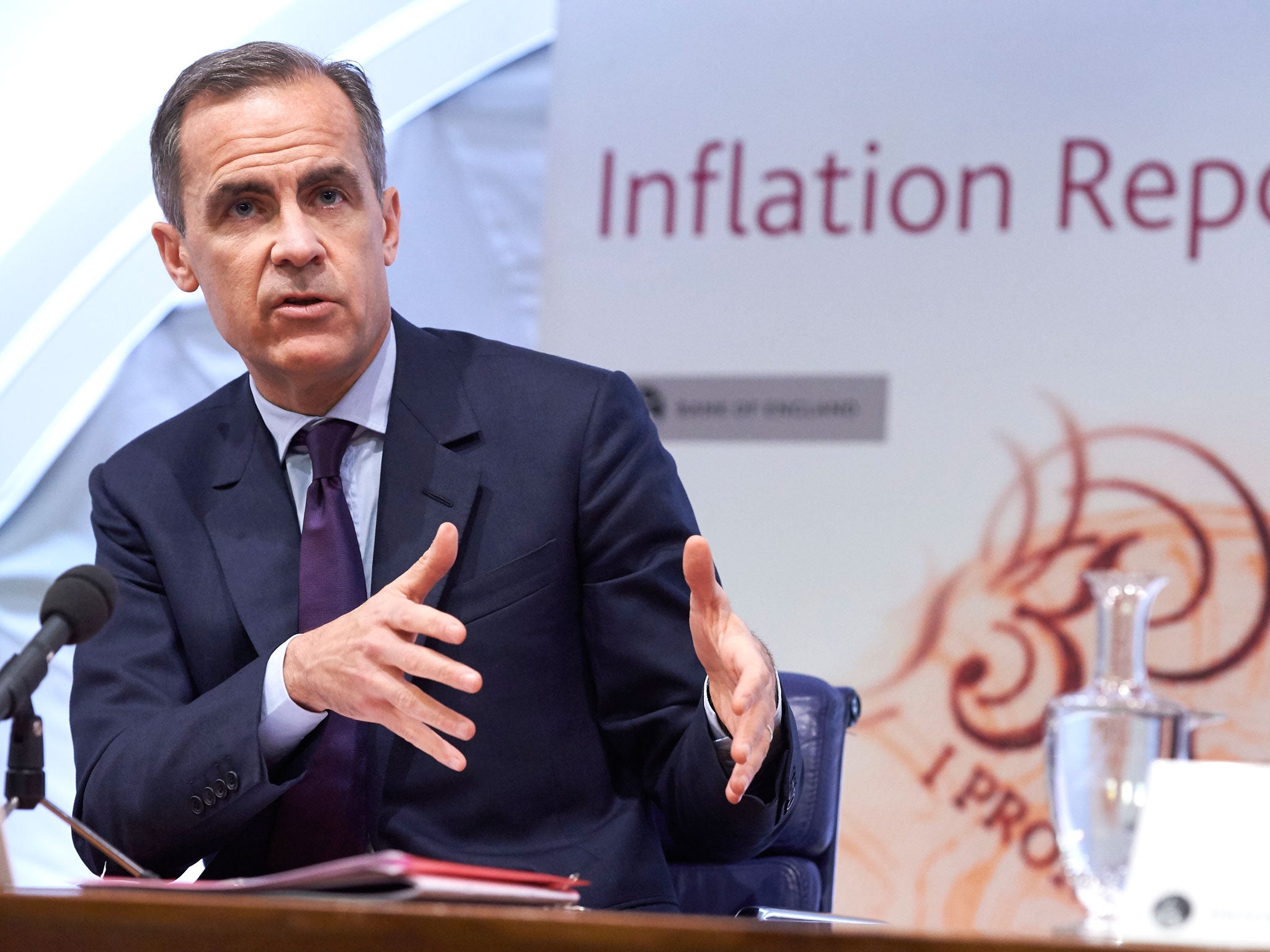My Week: Is this how the clever Mark Carney got his job at the Bank of England?
My lunch companion said the Canadian had been one of the few top central bankers who made the effort of talking to George Osborne when the Conservative was shadow Chancellor

The week’s meetings kicked off with wine and monkfish at an ancient private members’ club near Bank. It’s all deep leather sofas and wooden panels in the upper floors, with an excellent modern restaurant below. In those darkened rooms, you can’t help but wonder at the deals hatched there since the club’s founding in the Victorian era.
There’s clearly a knack to doing high octane financing over lunch which can’t be entirely self-taught. In the gents (I assume there was a Ladies somewhere, but I didn’t see one) was an advertisement on the wall for lessons in How To Eat. For £90, you could be fed while an experienced tutor explains which spoon does what and how to make “successful” conversation.
I usually turn up to my City lunch meetings late, flustered and sweaty from cycling the five-and-a-half miles from the Indy’s offices in Kensington. I then launch at my dinner like a steppe-driven husky, gulping wine as I go. Being flat out on deadlines from 7.30am works up a major thirst and hunger.
What would the How To Eat tutor think of that?
Fortunately, the contact I met at the Capital Club knows me well enough to forgive my manners.
We talked all things City, particularly around the Central Bank. Mark Carney is a good friend, he said, but the Bank of England is way too political under him. Eddie George would never have dreamed of pronouncing on Brexit when he was running the show, he tutted.
His structure of having multiple deputies (there are four) is confusing but clever, allowing him to divide the power being built up by his top executives. Overall, he concluded, the governor’s doing a pretty good job, but you know, he whispered, he only got asked because he was one of the few top central bankers who made the effort of talking to George Osborne when he was in the Opposition.
Clever these Canadians.
Brexit Armageddon overdone?
Since I’ve been writing about my anti-Brexit views, Eurosceptic City chums have been bending my ear to change my mind. They’ve failed so far, but it’s intriguing how there seems to be a split in opinion between the pro-EU chaps in the boardroom and the Brexiteers at the coalface in the dealing rooms and sales departments.
It seems like boardroom types are “in” with the Establishment, which means they must be “in” with Europe. The bankers and brokers actually conducted business day to day are far more aware of the red tape that the EU creates so effectively.
One such was a trading veteran who scoffed at the way people like me fret about how Brexit would send trade in big markets like euro foreign exchange from London to Frankfurt. And how overseas banks, particularly from the US and Switzerland, might pull out of London if we lose our so-called “passporting rights” to trade anywhere in the EU.
Among those he was scolding was John Cryan, the boss of Deutsche Bank, who has warned London would lose its dominance of the EU government bond markets if we were no longer “In”.
He told the following tale. In 1992, Germany tried to attract the growing market for its government bonds (known as bunds) and bund futures away from London by relaxing trading restrictions. The plan was to pull business from the Liffe futures exchange off Cannon Street to DTB (now known as Eurex) in Frankfurt.
Deutsche Bank moved its bund desk to Frankfurt accordingly to welcome in the brave new world.
Trouble was, when they got to Frankfurt, they found none of the counterparties – those buying and selling from them – moved with them, so there was no one to trade with. What business they did transact was complicated by not being protected by dependable English law, and it was nigh on impossible to hire and fire staff under German employment rules. Those who were employed were only allowed to do a 40 hour week: anathema to any high octane banker.
Business news: In pictures
Show all 13Not only that, but they missed having London’s army of expert lawyers, accountants and audit wonks.
Two years later, Deutsche Bank moved its bund desks back to London.
I had a feeling that might be how the story ended. Perhaps a Brexit won’t be Armageddon for the City after all.
Subscribe to Independent Premium to bookmark this article
Want to bookmark your favourite articles and stories to read or reference later? Start your Independent Premium subscription today.

Join our commenting forum
Join thought-provoking conversations, follow other Independent readers and see their replies